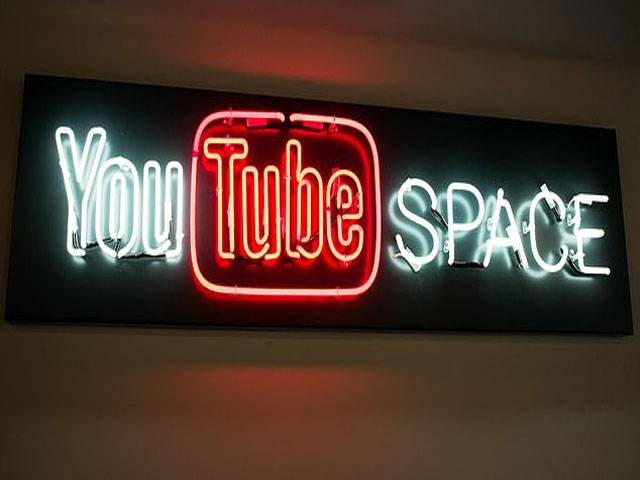California-YouTube claims it will stop recommending conspiracy videos.
Following complaints over the number of unwelcome videos appearing in recommendations, the Google-owned site says it plans to try and banish them.
It says'borderline' videos that come close to violating community guidelines or those which 'misinform users in a harmful way.' will now be excluded.
'We’ll begin reducing recommendations of borderline content and content that could misinform users in harmful ways—such as videos promoting a phony miracle cure for a serious illness, claiming the earth is flat, or making blatantly false claims about historic events like 9/11.'
YouTube says the decision affects less than 1 percent of videos - but this will still impact millions of clips.
'We think this change strikes a balance between maintaining a platform for free speech and living up to our responsibility to users,' YouTube said.
However, it will not ban the videos. 'To be clear, this will only affect recommendations of what videos to watch, not whether a video is available on YouTube.'
The change relies on a combination of machine learning and real people, google said. 'We work with human evaluators and experts from all over the United States to help train the machine learning systems that generate recommendations.' However, only US recommendations will be changed.
'This will be a gradual change and initially will only affect recommendations of a very small set of videos in the United States.
'Over time, as our systems become more accurate, we'll roll this change out to more countries.
'It's just another step in an ongoing process, but it reflects our commitment and sense of responsibility to improve the recommendations experience on YouTube.'
Meanwhile, Google will launch a web client for its Duo video calling app in the coming weeks, according to a source familiar with the plans.
This development ultimately means a much wider reach of devices that can access the growing service. Google Duo has, up to now, only been available in the form of an app from the Google Play Store or the iOS App Store, and on its Smart Display platform.
Just like the previous web versions of Google Allo, and more recently Google Messages for web, the web version of Google Duo will support Google’s own Chrome browser and likely other major browsers such as Mozilla Firefox and Apple’s Safari. Also like those web apps, Duo will presumably take advantage of browser notifications for incoming calls.
It’s unclear as of now how much of the current functionality from the mobile version of Duo will be available on the web at launch, but it’s likely to, at the very least, include fundamental Duo features such as “knock knock” and the ability to leave video messages.
Since Google Duo already optionally uses a Google account for authentication, it seems likely that the web version will primarily authenticate via that method as well. While Allo and Messages have used a QR code based system (which we saw evidence of long before their respective web launches), we’ve yet to see any evidence of such a system being built for Google Duo in our APK Insight series. That could change, however.
A web client isn’t the only big new feature coming to Google Duo soon. We also got our first look at a group calling feature last month, and our most recent APK Insight highlighted contact favoriting and a new low light mode. We should see these features in the coming weeks as well.
Unlike its spiritual sibling Google Allo, which Google announced last month will be shuttered entirely, Google Duo has seen wide-reaching success by some metrics. For one, the app passed more than 1 billion downloads on the Play Store in December.






